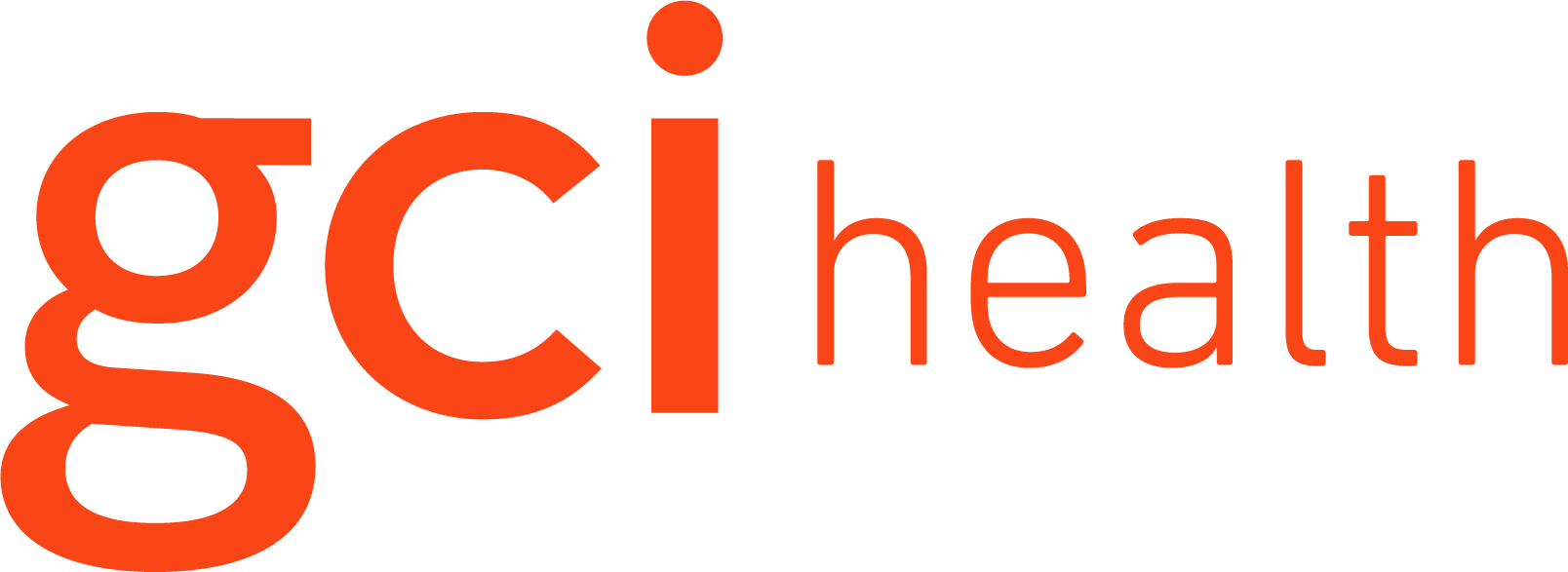To say the U.S. healthcare environment is complicated is an understatement. Even those who live and breathe it every day acknowledge that it is a system fraught with challenges and ripe with opportunities for improvement. Easier said than done? Absolutely. However, a key first step is to understand the varied perspectives of stakeholders across the healthcare continuum.
GCI Health had the incredible distinction of being the only communications agency to partner with Forbes on their recent Healthcare Summit. By bringing together leaders from across the industry – including payers, providers, pharmacy benefit managers, pharmaceutical and device manufacturers, investors, retail organizations, caregivers and, perhaps most important, patients – the Summit was a forum for sharing diverse insights and perspectives that helped us become more educated on crucial healthcare topics.
While the day was rich with content, there were key themes which rose to the top and should inform our thinking as marketers and communicators.
Value – In the Eye of the Beholder
It was interesting to hear that while almost everyone spoke about value during the sessions, they all defined it differently. The panelists spoke of an unwavering focus on the patient, offering perspectives on access, efficiency, cost-effectiveness or simply cost, in the context of improving patient outcomes and experiences.
As marketers and communicators, we frequently default to what we perceive value to be for our target audiences. But by testing our thinking with other stakeholders’ definitions of value, we may find opportunities to develop richer, more powerful content that has the potential to move the industry forward in a more compelling way.
Health – At the Heart of Healthcare
Healthcare provider organizations and retail health organizations are challenging us to consider the social determinants of health – to think about how effectively managing factors like food, living conditions, transportation and basic hygiene could lower systemwide costs by creating a healthier population. Some of these initiatives, like programs that provide nutritious meals and adapt homes to patient needs, are already proving to be effective.
The key to success? Establishing an authentic presence in the community helps to understand the challenges constituents face and proactively create programs to pre-empt the need for advanced healthcare.
Data – Putting it to Its Best Use
Today, the race to personalize the patient journey is driven by data – facilitating identification of potential patients before they enter the system, matching them with the treatment(s) that are most likely to be effective and keeping them engaged throughout the process. And that’s just the beginning. The role of data is expected to evolve over the course of a patient’s life, having an even greater impact on improving their health outcomes.
As we look to the future, we must determine how to convert integrated electronic health record data into meaningful research data that can impact the development of new therapies to the benefit of the healthcare system overall. Data companies are currently working with the U.S. Food and Drug Administration to find a path forward to using data to develop “synthetic” control arms for clinical trials, which could spare researchers and study participants alike the concern of being randomized to the non-treatment arm of a study.
As marketing and communications professionals, the opportunity is twofold: we can use available data to build more effective programs, while also advancing awareness and understanding of the important role data play in influencing health.
Innovation – It Takes Time
As technology continues to advance, so do our expectations for bigger, better and faster. This can lead to the misperception that innovation happens quickly. In reality, the transformative medicines developed over the last 50 years took time to reach their full life-saving potential. And the medicines we are investing in to develop today will be made available at such a low cost for the next generation that they will essentially be free.
As we consider how and what we communicate about product development in the biopharmaceutical industry, it will be important to consider how we can bring these stories to life, shedding light on the investment, perseverance and commitment in a way that sustains appropriate interest and enthusiasm over time.
Death – Seeing it from the Other Side
Throughout the Forbes Healthcare Summit, patients shared stories about facing seemingly insurmountable challenges with life-threatening conditions and bravely winning their battles.
Equally compelling were the stories of three caregivers (two physicians and one industry executive), who described the impact of their experiences on them as individuals and on how they approach their respective professions. Their experiences remind us why many individuals who work in healthcare, either directly or indirectly, choose to do those jobs every day.
The patient and caregiver stories also reinforced that whether we are talking about value, social determinants, data or innovation, behind each of these topics are real people who are being impacted by disease. Making sure their voices are heard across the healthcare continuum is a critical component to the value we bring.
Participating in the Forbes Healthcare Summit this year was an incredible opportunity for GCI Health. We are grateful to have been part of so many important conversations, and excited to work across the industry as we take on the most pressing challenges and reimagine what’s possible in healthcare.



